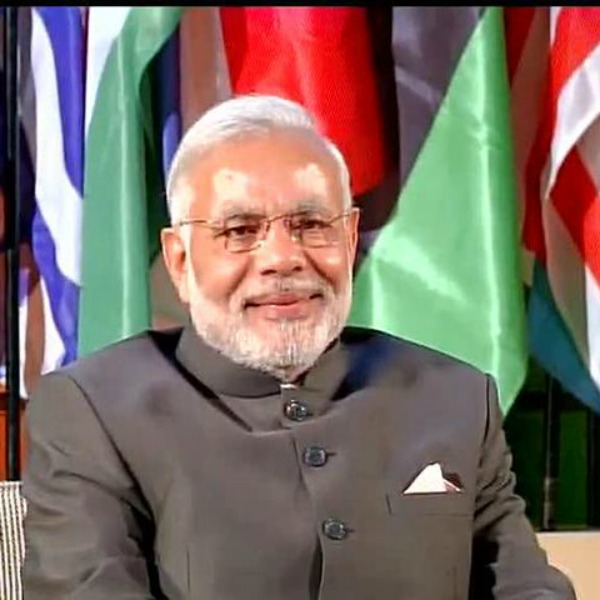
Modi showcases India’s soft power in Paris
India’s soft power glowed on a radiant spring morning in Paris. Yoga, sustainable development, cultural connections, the transformative power of education and the spirituality of Sri Aurobindo vied for the attention of a mixed audience of the French and the Indian community as Prime Minister Narendra Modi spoke at the UNESCO headquarters.
Amid chants of Modi, Har Har Mahadev and Vande Matram, the Indian leader, dressed nattily in bandgala suit, walked inside the UNESCO headquarters and unveiled his vision of an empowered India animated by universal education, religious pluralism, modern technology and harmony of man with nature.
He began his visit April 10 to the UNESCO headquarters by paying homage to the statue of Shri Aurobindo, India’s sage-philosopher-poet, and lauded his “belief in the unity of individual consciousness with the world outside.”
“There is much that we can learn from his humanism and spiritualism, from his belief in the unity of individual consciousness with the world outside; the enlightened purpose of education; the service of science; and, the unity of world, founded on national freedom, diversity of civilizations and autonomy of culture,” Mr Modi said.
Read More
